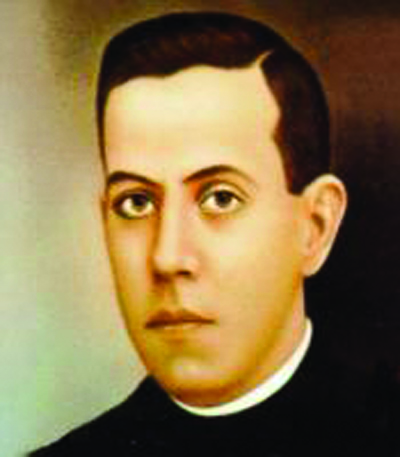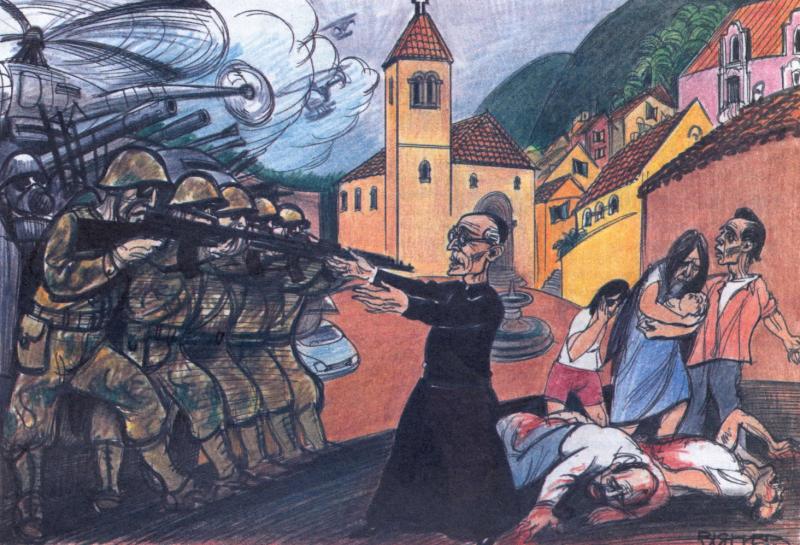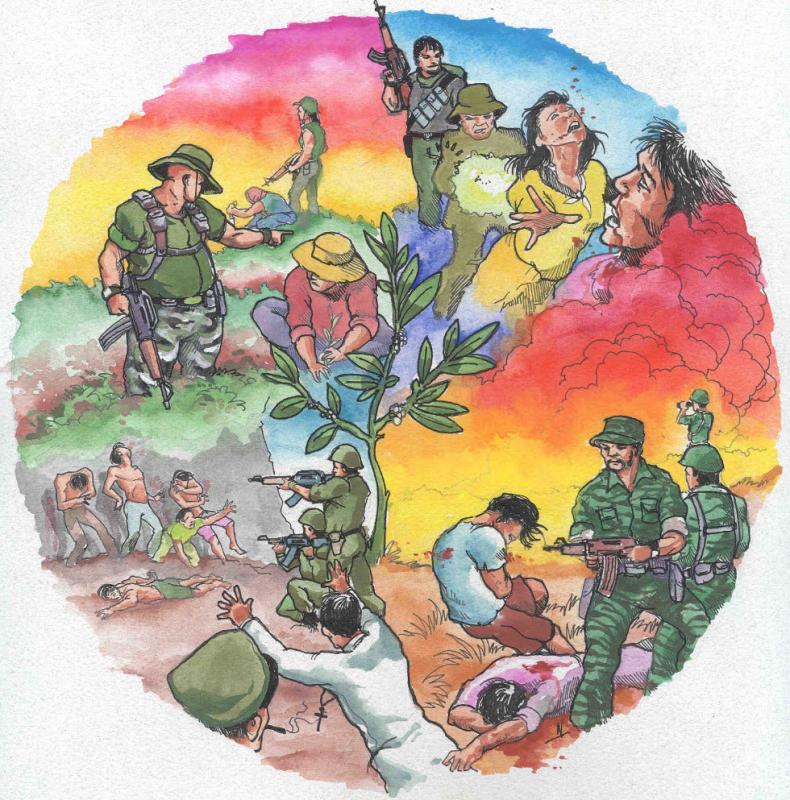A Missionary From Colombia
The author, from Himamaylan, Negros Occidental, is a third-year student at the University of Negros Occidental – Recoletos (UNO-R), Bacolod City, taking up social work. She has been involved in campus journalism since her elementary days and in her spare time works as an editorial assistant in the Misyon office.
 Opportunities to decide how they will spend their lives come in different ways for different people. More than just recognizing these chances is the permanent joy brought about by listening and responding to them according to God’s plan. For Sr Adela V. Paternina TC, her opportunity to decide how she would live the rest of her life came to her 57 years ago, when she chose to enter the Capuchin Tertiary Sisters of the Holy Family, a religious congregation founded at the shrine of Our Lady of Montiel in Benaguacil, Valencia, Spain, by Bishop Luis José María Amigó y Ferrer OFM Cap. Now, as her 78th birthday is approaching, she sees her life as simpler but more real than it was before.
Opportunities to decide how they will spend their lives come in different ways for different people. More than just recognizing these chances is the permanent joy brought about by listening and responding to them according to God’s plan. For Sr Adela V. Paternina TC, her opportunity to decide how she would live the rest of her life came to her 57 years ago, when she chose to enter the Capuchin Tertiary Sisters of the Holy Family, a religious congregation founded at the shrine of Our Lady of Montiel in Benaguacil, Valencia, Spain, by Bishop Luis José María Amigó y Ferrer OFM Cap. Now, as her 78th birthday is approaching, she sees her life as simpler but more real than it was before.




